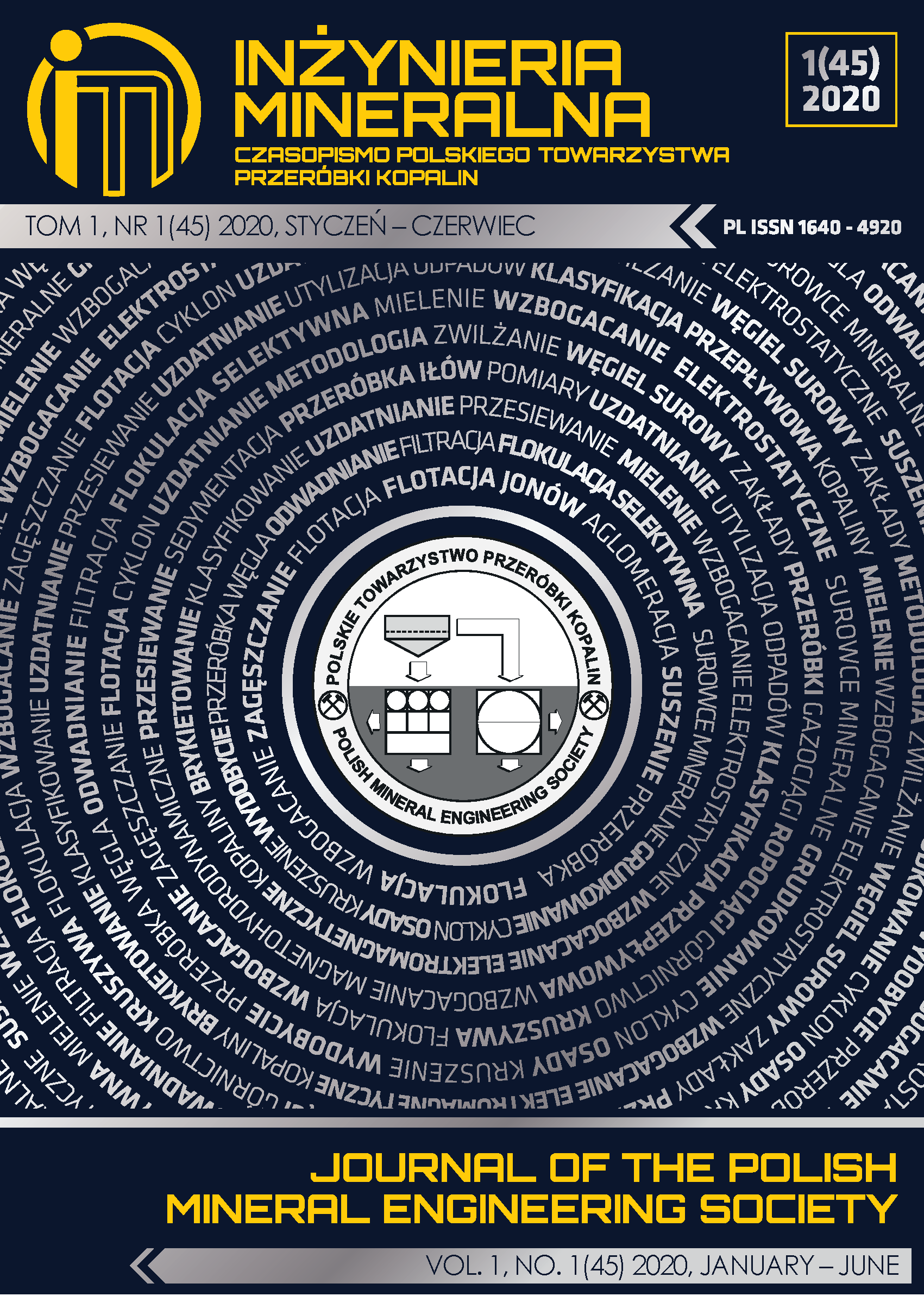How Selected Energy Commodity Prices Volatility Impacts Gross Domestic Product (GDP) Fluctuation with Respect to Selected European Countries
Abstract
The article examines price volatility of the following energy raw materials: uranium, coal, crude oil and natural gas, and its influence on GDP fluctuation with regard to selected European countries. The study was carried out using linear regression approach, in which the volatility of raw materials prices was determined as independent variables and GDP fluctuation as a dependent variable. The article examines 33 European countries and the examined period covered 28 years (from 1990 to 2018). As demonstrated in the study, energy raw materials prices volatility influences GDP fluctuation, especially in the countries involved in their extraction and processing. Attention was also drawn to the fact that uranium and coal are the most significant energy raw materials for the European countries. In the case of crude oil, its volatility turned out to be significant only for two countries, i.e. Norway and the Russian Federation. It was a surprise that natural gas prices volatility slightly affects GDP fluctuation in selected European countries.
This journal permits and encourages authors to post items submitted to the journal on personal websites or institutional repositories both prior to and after publication, while providing bibliographic details that credit, if applicable, its publication in this journal.







.png)
